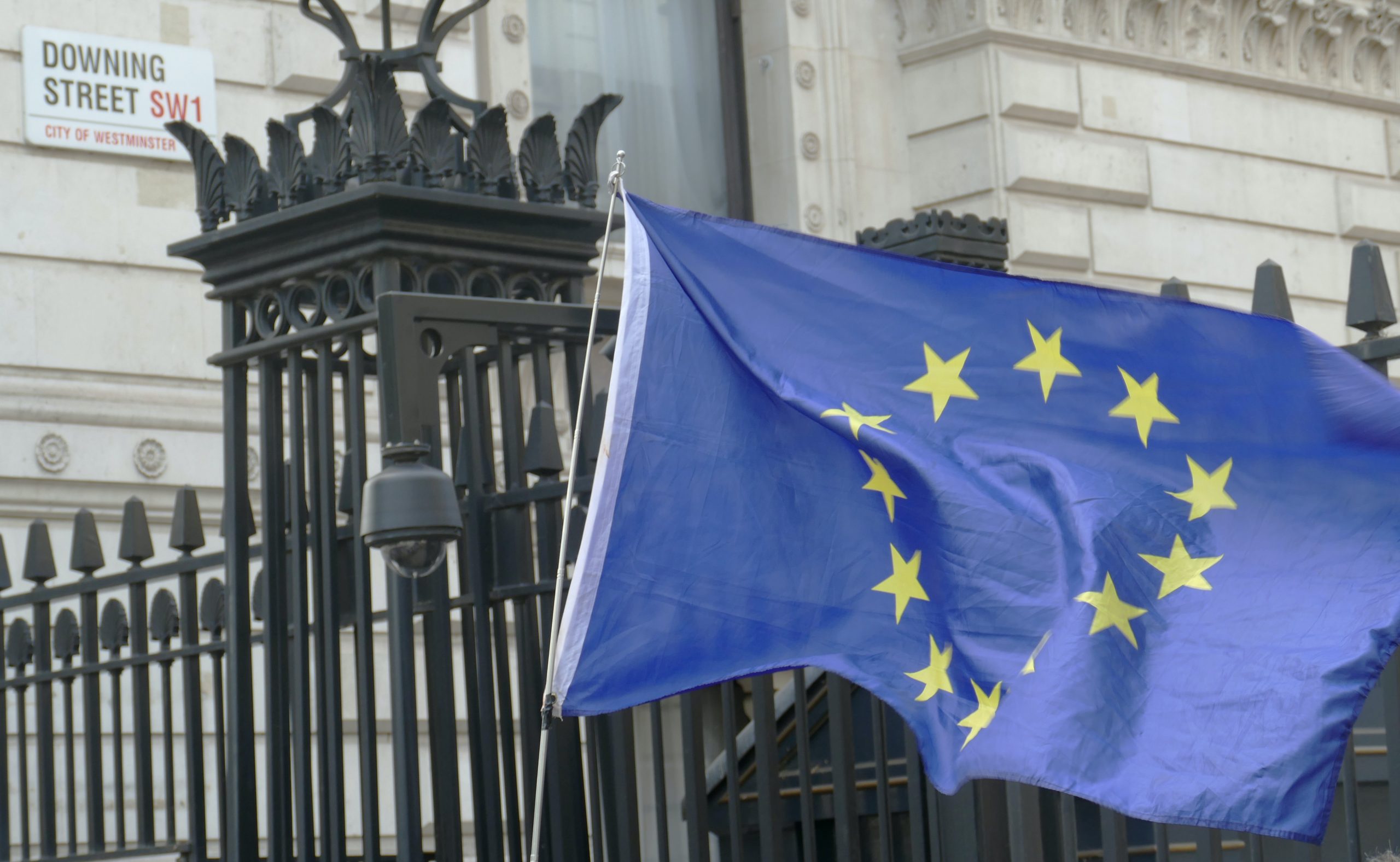As the date that the new General Data Protection Regulation (GDPR) comes into force gets ever nearer, there seems to be a discernible unease amongst business owners and marketers. They appear to be apprehensive and almost fearful of the advent of the new legislation.
But are they are coming at it from the wrong angle? Although it’s true that companies will need to put in considerable planning and effort to become GDPR compliant, it’s truer still that the introduction of the GDPR represents some great opportunities for businesses to get their marketing in order and to reap the rewards that complying with GDPR will bring.
Here are just some of the benefits and opportunities that the GDPR can bring for your business.
Data quality
Consent to use personal data is a central precept of the GDPR. Essentially, this means that – post-GDPR – your database may end up being considerably leaner. But, it will undoubtedly be better quality.
With cleaner, up-to-date and more relevant data, you will experience fewer bounced emails and limited “gone aways” with your direct mail campaigns. This will probably represent a sea change for metrics, with response and click-through rates suddenly jumping from low numbers to much higher ones.
There is a very immediate opportunity for businesses to clean their data now by running re-engagement campaigns. You can clean and build an opted-in database – before 25th May 2018 – by gaining specific consent from your existing database of prospects that they want to remain on your list to receive marketing communications from you.
Make sure to use a double opt-in process and to only run the campaign once your IT and website systems are GDPR compliant so that you can be sure to securely store the data and also verify how you have received the consent. You can email your existing database of prospects and can also target new prospects by using popups on your website.
You won’t be able to undertake this sort of campaign after the GDPR comes into force, as you won’t have consent to contact them. So do it now, while you still can.
Business and data processes
The GDPR presents a terrific opportunity for companies to review their data processes, mapping the existing flows, analysing their effectiveness and then restructuring them where necessary. Of course, you may need to do this anyway to ensure you’re compliant, but the spin-off is that your business could well benefit from streamlined data processes that bring greater business efficiency.
Transparency and accountability
The GDPR requires that businesses are transparent about how they will collect, store and process personal data. It also places an accountability onus on them, obliging them to demonstrate how they meet its principles of consent, data privacy and data protection.
Those companies that best meet these regulations, by proving transparency and accountability, will have a significant competitive advantage over those that only meet the minimum requirements. If you have several companies to choose between, you will surely choose the one that has a very clear privacy notice, simple and unambiguous sign-up practices and can substantiate how it will securely and sensitively process and hold your data.
IT security
Under the GDPR, companies need to securely collect, store and process personal data. Encryption and pseudonymisation methods will almost certainly be needed to be able to maintain the required levels of data protection. Where enhanced levels of security are introduced, not only will people’s data be better protected, but the improved IT and security within an organisation will bring greater protection for the business as a whole. So implementing new systems and security processes makes both legal and business sense.
A nice side effect of all this is that offering assurances to your customers and contacts that their personal data is protected establishes and builds confidence in you as a reputable organisation.
Better customer engagement
Because contacts will need to opt in to receive your communications, only the most engaged prospects are likely to remain on your databases. You will be communicating only with the most valuable customers and prospects; those that really want to hear from you.
With smaller numbers of contacts, you will have more time to enhance the data you hold. With better data on these already-engaged prospects, your marketing will benefit from even finer segmentation and targeting, resulting in far higher response rates and a higher percentage return on your marketing investment.
A burden or an opportunity?
On the face of it, the GDPR may seem like just an annoying compliance burden. And that’s precisely why many companies have delayed planning for it. But if you view the GDPR as an opportunity for change, there is the very real prospect that it will have a positive impact on your sales and marketing operations.
With revamped processes, increased transparency, better data quality, greater customer engagement and improved security, you will generate and build customer trust. And in turn, this will help drive sales, enhance customer retention and boost your profitability. So while the GDPR may be a bit of a compliance burden, it also opens up all sort of opportunities that make sound commercial sense.



